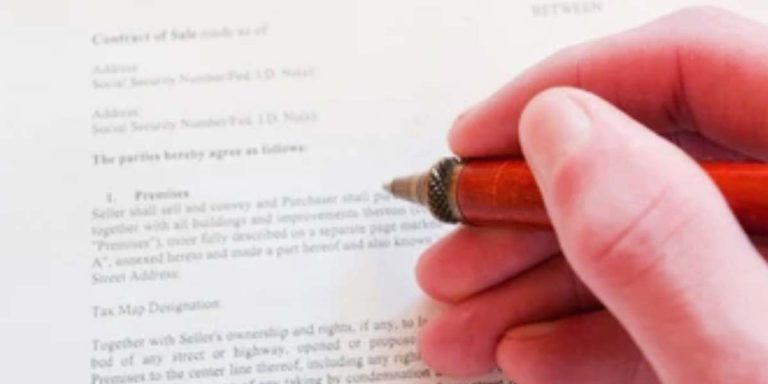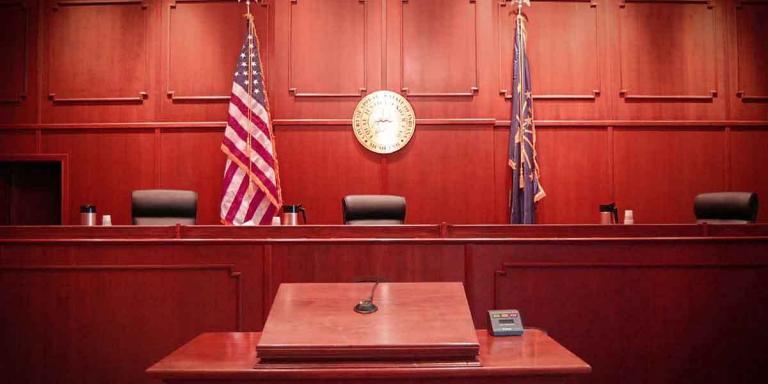
Probate Issues in Staten Island
Estate Planning Lawyer & Probate Issues Probate is the felony process of proving that a deceased person’s will is valid and authentic. When anyone dies,
Home » Estate Planning » Page 63

Estate Planning Lawyer & Probate Issues Probate is the felony process of proving that a deceased person’s will is valid and authentic. When anyone dies,

Estate Planning Lawyer & Probate Matters Probate is the legal method of distributing a deceased person’s property and assets to their heirs. In Staten Island,

Estate Planning Lawyer Staten Island is a high-quality location to purchase real estate. From waterfront residences and single-family residences to condos and multi-family dwellings, there

Estate Planning Lawyer & Retirement Planning Retirement planning is a vital step for Staten Island residents who are searching to make sure that they have
Estate planning does not only involve the documents, but also the quality of the inclusions in documents, the signature process and the implementation. The challenge

Talking about the future, there is so much uncertainty that one never truly knows what lies ahead. But strategic planning can help you prepare for
When considering incapacity as it relates with the law and estate planning, one is compelled to ask the question: does a blind, deaf or mute

Creating an estate plan is not a thing to rush. What most people think about estate planning is that all you have to do is

It is inevitable that as one grow old that certain issues would not come up requiring law experts. Thus, out of the need to resolve

Trust Attorneys Near Me For You Trusts have long been used to avoid taxes due to their potential to grant flexibility. In terms of how